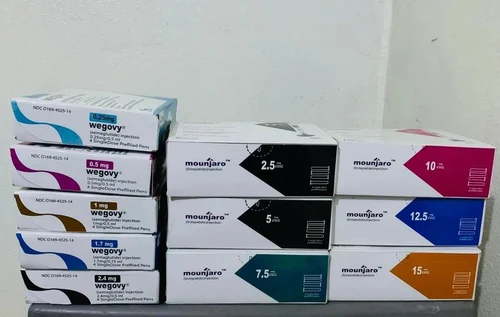
Medicine, the timeless pursuit of healing and well-being, has traversed a remarkable journey from the ancient world to the modern age. Throughout history, humans have sought solace from ailments through a variety of remedies, ranging from mystical concoctions to evidence-based treatments. In antiquity, healers drew upon herbs, minerals, and spiritual rituals, often intertwining buy Mounjaro in bulk near me with mythology.
The legendary Asclepius, revered as the god of healing in Greek mythology, exemplified the intertwining of the metaphysical and the medical. Fast forward to the Renaissance, a pivotal period marked by advancements in anatomical understanding and the birth of the scientific method, medicine took a decisive turn towards rational inquiry. This era laid the groundwork for a series of groundbreaking discoveries, from Edward Jenner’s smallpox vaccine to the advent of antibiotics by Alexander Fleming.
In today’s era, medicine stands at a crossroads of cutting-edge technology and compassionate care. The digital age has ushered in a revolution of personalized medicine, where genetic insights guide treatment strategies, and telemedicine transcends geographical barriers. Artificial intelligence and machine learning are poised to transform diagnostics and drug discovery, making previously unimaginable breakthroughs a reality. The COVID-19 pandemic highlighted medicine’s resilience, as scientists globally collaborated to develop vaccines in record time, showcasing the triumph of human ingenuity and collaboration.
Nonetheless, as medicine continues to progress, ethical dilemmas and healthcare disparities persist. Balancing the potential of gene editing with ethical considerations, ensuring equitable access to medical advancements, and preserving the art of bedside manner in the age of technology are among the challenges that define the contemporary medical landscape. It is incumbent upon the medical community, policymakers, and society at large to address these issues while upholding the principle that medicine is as much an art as it is a science.
In conclusion, the story of medicine is one of evolution and adaptation, rooted in humanity’s unwavering quest for health and longevity. From the mysticism of ancient healers to the precision of modern molecular medicine, each epoch has contributed to the tapestry of medical knowledge. As we navigate the complexities of the present and the promises of the future, reflecting on the past reminds us that medicine is not merely a collection of techniques, but a testament to the power of human curiosity and compassion.